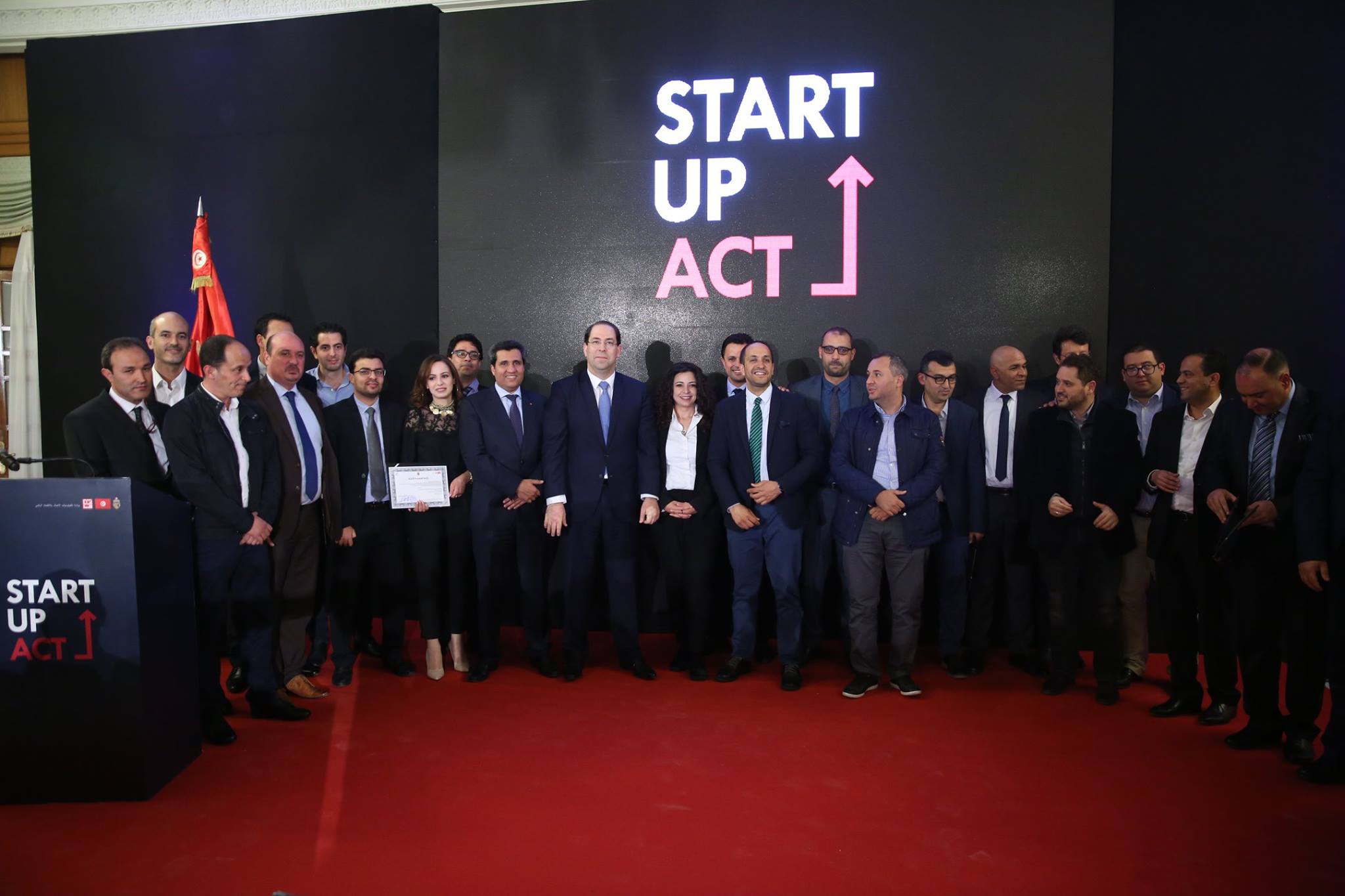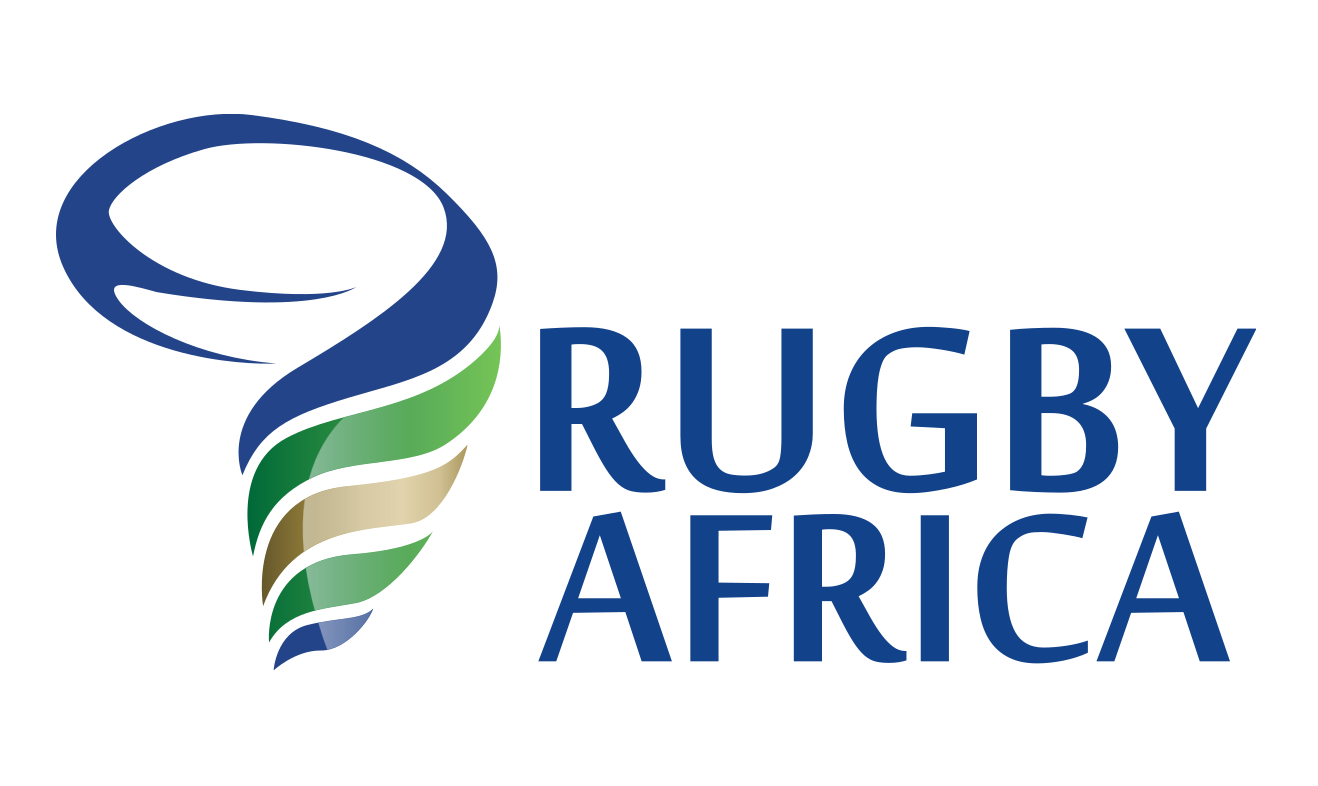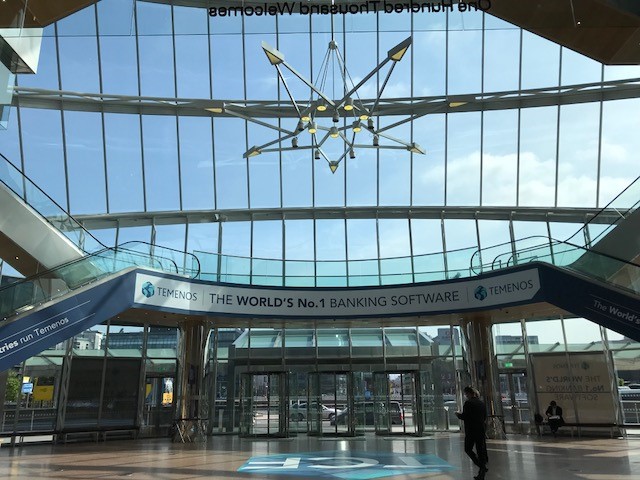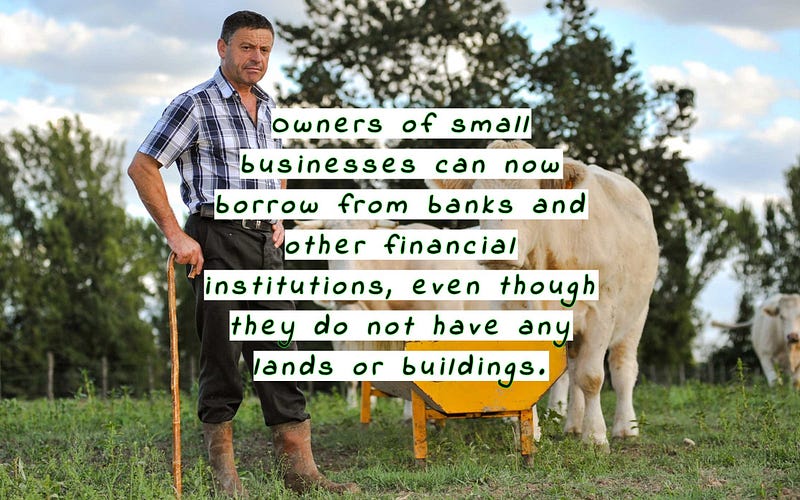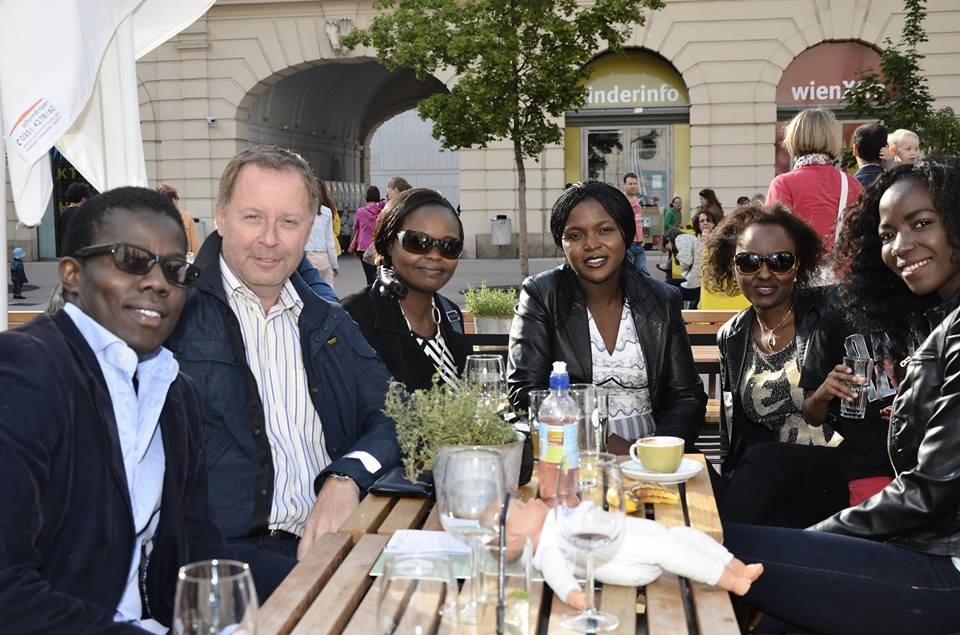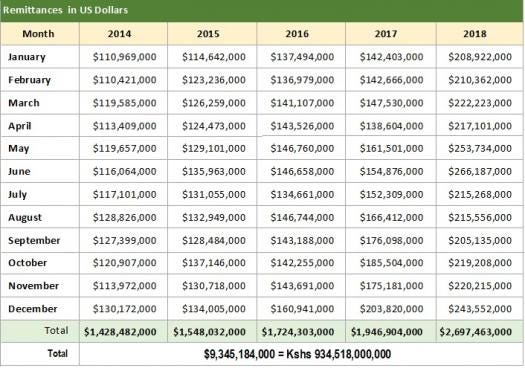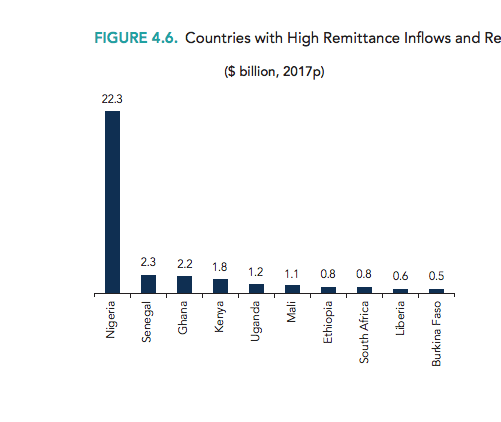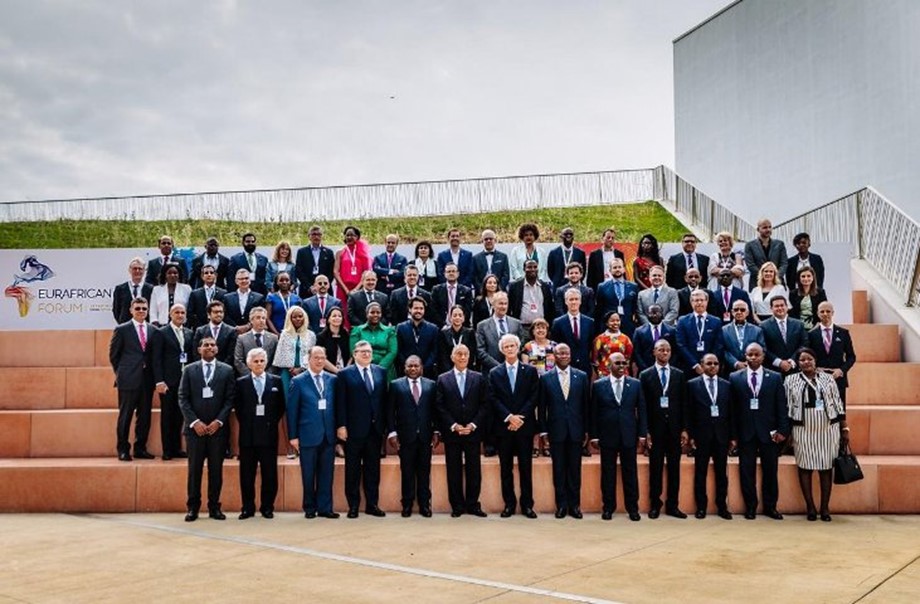How Startups Are Changing The Face Of Africa’s Music Streaming Service
Perhaps not yet in the category of Spotify, the Swedish music streaming company that was once valued at $36 Billion, or Apple Music which is home to over 50 million songs and which was once quoted to worth $10 billion, Africa’s music streaming space has been growing steadily, and startups have since been fueling consumer interests in music subscription and consumption.
In fact, music streaming services in the world are so lucrative that according to the International Federation of the Phonographic Industry (IFPI)’s Global Music Report 2019 (pdf), streaming now accounts for about 47% of global music revenue. But the question will still remain on whether African music consumers are really interested in paying to listen to music.

Music streaming in Africa was introduced as far back as 2010, following the launch of Simfy Africa, now a subsidiary of MTN Group in South Africa and Iroking in Nigeria. As the big global music-streaming services continue to mull their strategies for sub-Saharan Africa, it is very relevant to discuss the success of local players who are springing up to stake their claim to a piece of the nascent streaming market. Here are a few of the many music streaming startups scattered around Africa and how they are confronting the challenges of music streaming in Africa.
BOOMPLAY
Boomplay is not originally African. The startup is a joint venture between Chinese phone maker Transsion and Chinese consumer apps giant NetEase but is specifically focused on the African market. Although it has succeeded in raising $20 million in outside funding to invade more sub-Saharan countries and continue to build up its database of music tracks, the startup has refused to disclose its valuation.
Currently, it has some 5 million music tracks and videos on its platform — with a huge emphasis on African artists — with 42 million monthly active users, some 85 percent of which are on the African continent (primarily Nigeria, Ghana, Kenya, and Tanzania). Subscribers can pay much as $0.28 to $ 199.61 to have full access to premium items listed on the service. It is adding on average about 2 million users each month, a mix of paid and free subscribers, the latter seeing ads when they use the service.
Reviewing the viability of music streaming services in Africa, Phil Choi, Boomplay’s head of international acquisitions and partnerships said:
“The African music industry is not like in America or Europe where there is one big label who takes care of thousands of artists. At the moment, there are a lot of musicians that work independently or with small labels, so it takes time to build a catalog…
“Five years ago, no one was talking about this region,” Choi said.“Our team saw the potential at this time and now we have a good advantage. But everyone wants a piece of the pie.”
Last November, Boom play sealed its first partnership deal with a global music company following a major licensing deal with Universal Music Group for Nigeria, Ghana, Kenya, Tanzania, Rwanda, Uganda, and Zambia. UMG’s catalog includes African artists, as well as global recording artists including Post Malone, Eminem, and Nicki Minaj.
“Chinese investors see Africa as the China of 10 years ago,” Choi said, “so they feel they can apply the same models to it, and bring it up to being a very prosperous region.”
“Africa is full of opportunity, from its young demographics to its vibrant culture, and Boomplay sits in the middle of all of that greatness,” said Tony Li, managing director of Maison Capital, in a statement. “Boomplay has incorporated NetEase’s experience in the music streaming business with Transsion’s expertise in local operations, and in doing so Boomplay became the dominant player in the region in a very short period of time. As more of Africa comes online, we are confident that Boomplay will continue to be a major force in business and culture.”
Problems:
“We’ve seen healthy growth, but one of the problems is that there isn’t really a sustainable or efficient mobile payment system,” Choi noted. Processing payments, he said, “takes really long and can be unreliable. For example, halfway through a transaction, errors may occur.”
He said the company already accepts Mpesa, one of the key mobile payment services that were originally founded in Kenya, along with other payment methods, but the plan is to add more to that soon.

Anghami
Founded in 2012, Anghami is the first legal music streaming platform and digital distribution company in the Arab world, particularly in North Africa where it provides the largest music catalog of licensed content from the major Arabic labels such as Melody, Mazzika, Platinum Records and many other independent labels, in addition to international majors labels such as EMI, Sony, Universal and Warner Music Group.
Since its launch, the app’s catalogue has expanded to over 30 million songs, and its user base is reaching 70 million. Anghami generates 650 million streams per month.
“Anghami is music, but at core, we are a data company,” said Elie Habib, co-founder, Anghami. “We actually analyze how you like to listen to music when you like to listen to music, with whom you like to listen to music…Data helps artists and helps us target the right people.”
Mr. Habib said the success of the business has been quite something else.
In a recent interview, Habib said a significant number of over 1 million are paying for anghami, the first time the company is disclosing any number of paying subscribers.
“Our business case was for 300,000 users by the end of 2012,” said Habib. “We ended March 2012 with 1 million users, way more than expected…We see potential, we see high returns and that’s why we keep on investing. We haven’t scratched the surface of the market…For 2017 and 2018, really, our target is to grow more than just be profitable because we have a lot of investors who believe in what we are doing and that our unique economics make sense.”
Habib said music users so much loved the Anghami that they ‘‘have been noticing more traffic happening in Europe. And eventually, we were able to see that a lot of people leaving Syria into Turkey and Germany… those people have kept their Anghami accounts and music,” Habib said.
“The reason? Most of the people who connect and listen to music outside the region tell us Anghami reminds them of the ‘scent’ of their home, of their streets in the Middle East.”
He said it’s not ‘‘just about launching a service but providing an ability for the people to try it, taste it and then eventually commit to it.’’
Problems:
‘‘We realized that if [a streaming service was] going to fail it was probably going to be for not generating [enough] revenues, or if [it was] paying more to labels than it could afford. Those were the original points we built Anghami on, making sure that it would be fair for the artists but, at the same time, making sure that we launched on mobile because mobile would provide us with scale,’’ Habib said.
Habib said partnering with telecommunication companies is so important because credit card penetration is very low in the Middle East.
‘‘Let’s take an example,’’he said. ‘‘Amazon bought Souq.com, which is a big eCommerce service based out of Dubai. Souq had 70% cash on delivery three years ago. Last year, they had 75% cash on delivery. The volume grew but the percentage of cash on delivery grew even higher. The concept of cash on delivery, which is not available on Amazon UK, is available across the region [in the Middle East]. People are not used to paying by electronic payments. Putting that in terms of music services, obviously our biggest revenue stream comes in from mobile operators.’’
He said ‘‘being mobile first in an emergent market [also] means that a user should be able to purchase a subscription via a mobile operator wherever he/she is.”
“We provide this functionality across 29 mobile networks in MENA, allowing a daily, weekly or monthly subscription. As far as I know, Spotify has no coverage on any mobile network [in MENA] today. Also, we provide multiple pricing tiers on mobile that can go, with certain networks, down to $1/month. [Anghami works] on any browser, as many users in emergent markets have low-end devices.’’
Simfy Africa
Although launched in 2011 in South Africa through a partnership with South Africa’s eXactmobile, the mobile content company owned by Primedia, Simfy Africa was acquired by the MTN Group in 2018. MTN Group, in a statement, described Simfy Africa as having ‘‘ a fantastic catalogue of music, access to more than 42 million tracks, arrangements with all of the major record labels. The architecture has just been completely rebuilt to be cloud-based, micro-services-based architecture built on Amazon Web Services and we are going to use this as our first big foray into MTN group digital OTT-like services.”
MTN said it had historically operated as MTN Music and had different platforms in different markets. It also claimed it had been a partner of other OTT streaming services but think acquiring Simfy Africa is a fantastic vertical that would help MTN make its first big step in building out their portfolio.
Simfy Africa’s CEO Davin Mole noted that the growing competition in the music streaming service shows listeners are getting more sophisticated.
“When 2oceansvibe started some two years back, we predicted that the Internet would be the new platform for music and radio engagement, and Simfy in that respect proves our concept further,” he said. “It’s gratifying to see that streaming services such as these are finally reaching SA. We don’t see this as competition but further proof that SA listeners are craving something different to what the current commercial space is offering.”
Profitable?
“What we’re seeing so far is that a lot of people are making use of fixed Internet connections at home and in the office to load up their laptops with music and then listen offline,” said Simfy CEO Davin Mole. “We have one user who has already downloaded 2,000 songs, which for R60 is pretty good value.”
Of course, he’ll have to keep paying his R60 monthly to keep listening to those songs — this isn’t a way to build up a permanent music library.’’
However successful Simfy turns out to be, it’s not clear how much artists will benefit from revenues generated by the service.
“Initial payouts to artists from streaming aren’t that high. “ But artists have to be patient. In longer terms, it’s dependent on scale. If we don’t get a huge base, revenues won’t add up,” he said.
Problems:
David Mole said Simfy Africa ‘‘has been investigating the price of the Internet for some time, and it’s still not the best it could be — it’s still quite expensive. But the way the prices are tumbling encouraged us,”
“We think you have to shoot a bit ahead of the clay pigeon. So hopefully by the time we’ve got our marketing totally up to speed, and ironed out any glitches, those prices will have come down further,” he noted.
Simfy’s flat subscription model might have helped it avoid some of the other services’ financial pitfalls, till it got eventually acquired by the MTN Group.
Iroking
Jason Njoku, iroking founder was quick to declare that iROKING is not yet dead. ‘‘Not even close to it,’’ he said.
Founded in 2011, across the entire network of platforms, iROKING reached 5Mn unique visitation per month, 1 Million of those are on our own platforms alone, in 2013. Njoku said Irokotv has overshadowed iroking because the company makes huge amounts of money on iROKOtv and considerably less on iROKING.
‘‘There are strategic and industry structural issues which determine that. But, nonetheless, I would argue with anyone that month-on-month cash flow-wise, there is no other music startup which comes close our monthly cash flow. None,’’ he said. ‘‘Currently, iROKING has several hundred musicians on the platform. We distribute their music across third party channels (YouTube, Dailymotion, iTunes, Spotify et al) as well as our own platforms we operate too, including m.iroking and iroking.com and our Android, Asha and W8 apps. Today, the business in the last 2 years has easily paid out over $1Mn in minimum guarantees and revenue share to musicians. The business generates tens of thousands of dollars monthly for the music industry at large. We have done this by simplifying multi-platform digitisation and distribution at a scale which makes it almost free for us to do this.’’
Profitable?
Mr. Njoku noted that ‘‘iROKING is still unprofitable. It is something I don’t lose sleep over as typically when you are building and growing something you are usually happy to forgo short term profits for long term strategic and economic advantage. Then we plan for significant profits later. As a subsidiary of iROKO, iROKING still benefits from our super strong balance sheet and as the CEO of iROKO (and now iROKING) I have all the authority to do as I see fit to build the most awesome music startup in Nigeria. Patiently.
People talk about the threat of Spotify, Deezer how all the music startups are going to die. We see it differently. We already distribute, and for some time have been distributing, via Spotify. What the bloggers may see as competition, we see as something completely different. But time will tell whether I am right or wrong. That’s the great thing about the business of startups. You are either right or wrong.’’
Problem:
Mr. Njoku said one of the ways it can solve the numerous problems facing iroKing is to focus on monetization.
‘‘iROKO has the most awesome team at monetizing Nigerian content online. We have built a multi-million dollar business in 2 years, distributing movies on iROKOtv. In 2013 our largest source of revenue is iROKOtv PLUS, our $5/mth subscription service. We have institutionalised managing and taking tens of thousands of payments directly from fans globally. Of the overall revenue, iROKING represents a mere 15% of our annual income, whilst at a monthly reach of 4Mn, 75% of our 6Mn unique per month reach. That for me is opportunity. Again my focus is to bridge that gap. In the end I founded iROKING. I know what it took to build the business we have today. iROKING is no longer a startup. It has recurring revenues, several hundred artist relationships and a lot of potential to live up to,’’ he said.

Others:
Spinlet
Founded in 2011 by John Ajah, Spinlet is a digital media company, focusing on Afro-Centric content. Spinlet’s primary service is music streaming and downloads available globally via web browsers, and the Spinlet app on iOS and Android. The Spinlet platform allows the users to purchase, listen, share and discover music while offering integration and storage of the user’s music library on their mobile device. As at October 2015, the Spinlet app had been downloaded nearly 2 million times. In 2014, Spinlet acquired a Nigerian Communications Commission license that will allow it to sell value added services such as caller ring back tunes and short message services in collaboration with Telcos as a means of providing more avenues for content creators/owners to get paid for their content
Smubu
Recently launched Smubu is a music-streaming startup headquartered in Kenya, but focusing on a group of countries including Uganda, Tanzania, and Rwanda.
The startup has just announced an early milestone too: 200,000 active users, and a catalogue of more than 100k tracks.
“We are initially focused on East Africa. The music here amazes me and my team, and we genuinely believe that we can push it internationally,” CEO Jad Aizarani said.
Aizarani is also promising that artists whose music is being listened to on Smubu will be fairly rewarded. “Our vision is built on working closely with artists in providing them with a fair share of the revenue for every single download on our platform,” he said. “The platform is technically built to provide statistics, potential revenue, and track download numbers and streams.”
Charles Rapulu Udoh

Charles Rapulu Udoh is a Lagos-based Lawyer with special focus on Business Law, Intellectual Property Rights, Entertainment and Technology Law. He is also an award-winning writer. Working for notable organizations so far has exposed him to some of industry best practices in business, finance strategies, law, dispute resolution, and data analytics both in Nigeria and across the world.



